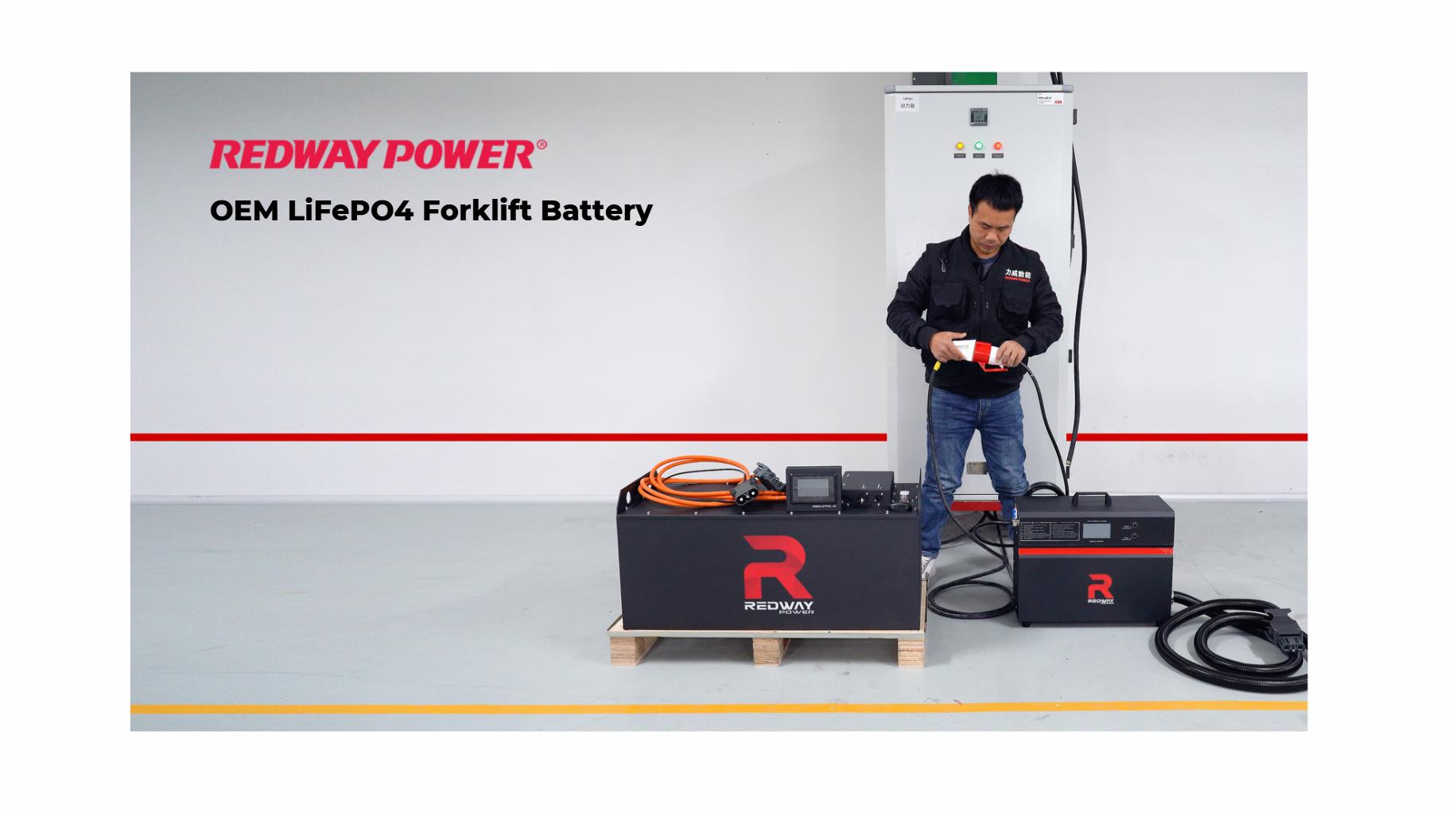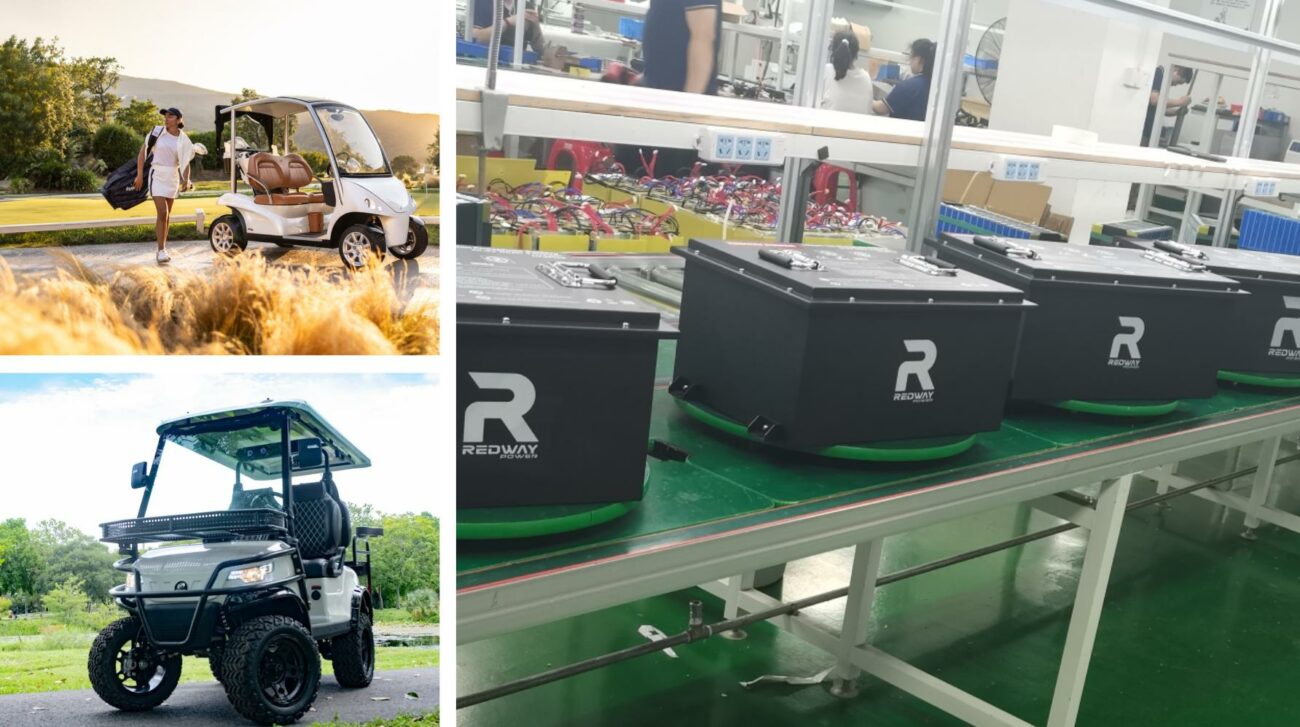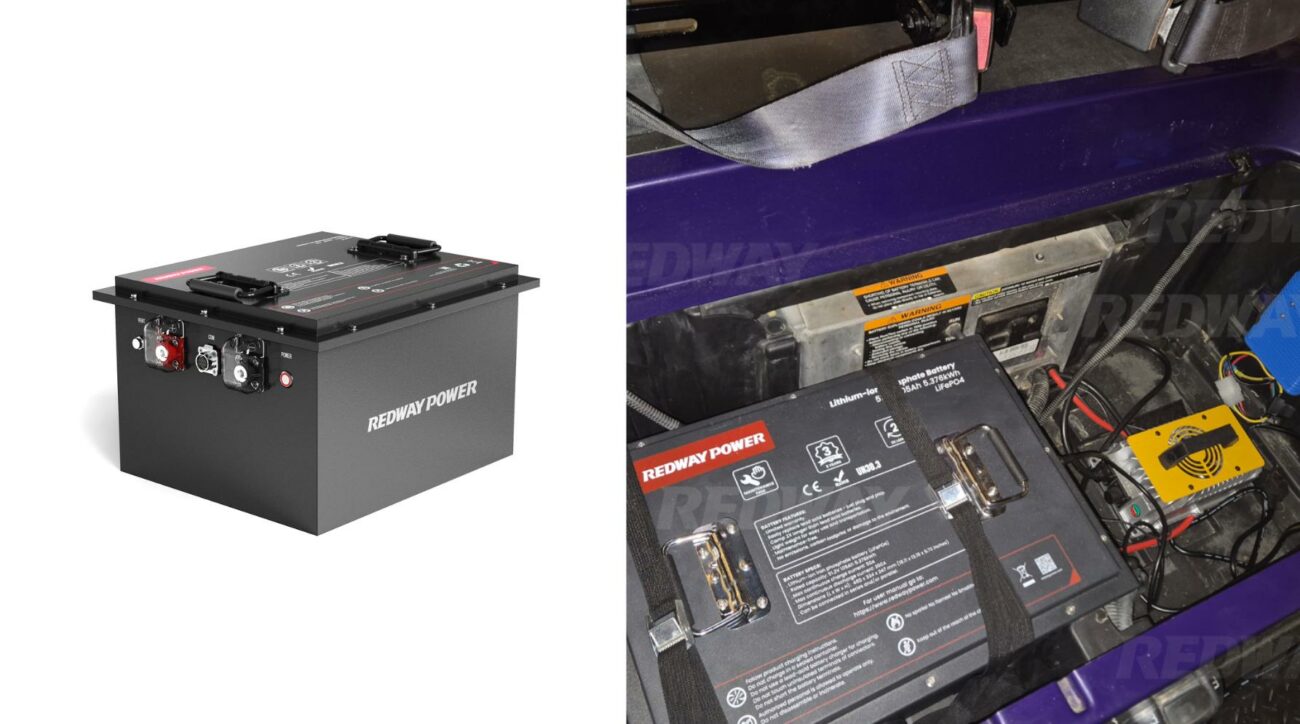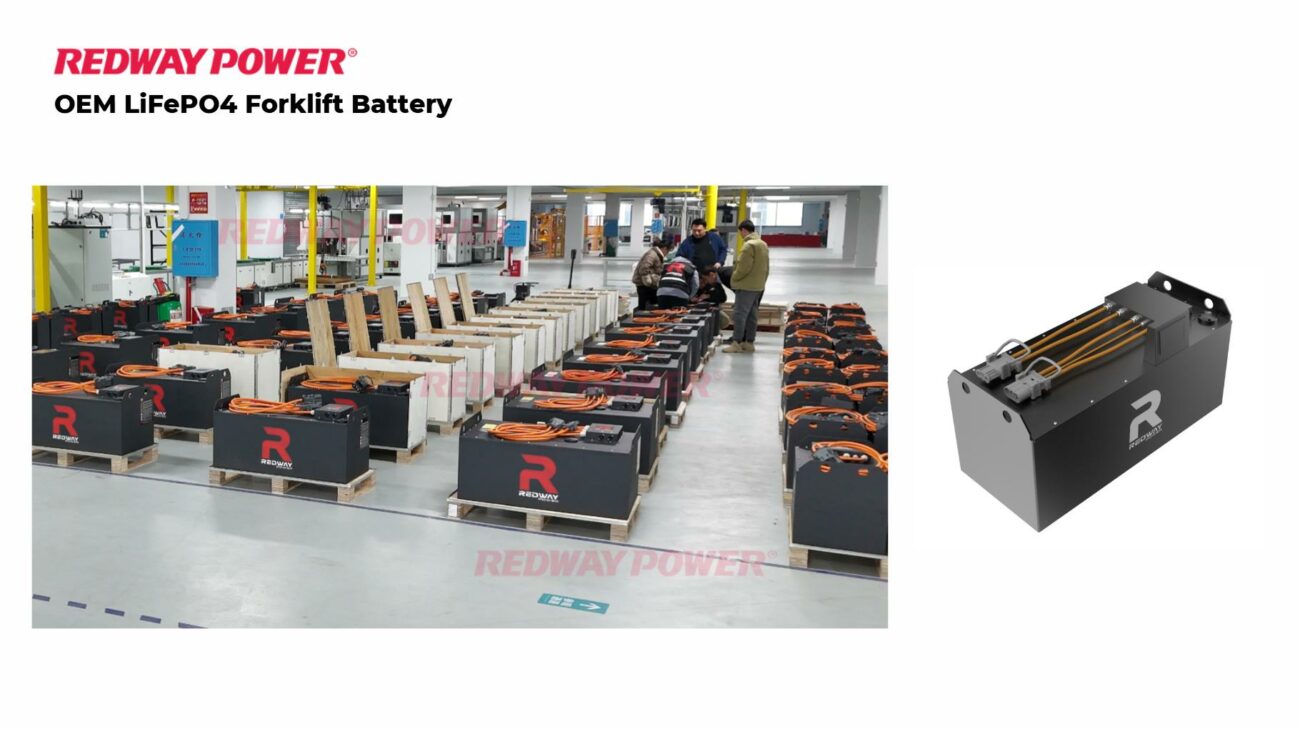Powered industrial trucks, commonly known as forklifts, are essential tools in material handling operations across various industries. Understanding their types and battery lifespan is crucial for optimizing performance and efficiency.
What Are Powered Industrial Trucks?
Powered industrial trucks are motorized vehicles used to lift, move, or stack materials within warehouses, factories, and construction sites. They come in various types designed for specific applications, enhancing productivity in material handling tasks.Chart: Types of Powered Industrial Trucks
| Type | Description | Applications |
|---|---|---|
| Electric Motor Rider Trucks | Ideal for indoor use with zero emissions | Warehousing, retail |
| Electric Motor Narrow Aisle | Designed for tight spaces | Distribution centers |
| Internal Combustion Trucks | Suitable for outdoor use | Construction sites |
| Tow Tractors | Used primarily for towing loads | Airports, assembly lines |
| Rough Terrain Forklifts | Built for rugged outdoor conditions | Lumberyards, construction sites |
What Are the Different Classes of Forklifts?
Forklifts are classified into several categories by OSHA based on their design and intended use:
- Class I: Electric Motor Rider Trucks.
- Class II: Electric Motor Narrow Aisle Trucks.
- Class III: Electric Motor Hand Trucks.
- Class IV: Internal Combustion Engine Trucks (Cushion Tires).
- Class V: Internal Combustion Engine Trucks (Pneumatic Tires).
- Class VI: Electric and Internal Combustion Engine Tractors.
- Class VII: Rough Terrain Forklift Trucks.
How Long Do Lithium Batteries Last in Forklifts?
Lithium batteries typically last between 3,000 to 5,000 cycles, significantly longer than traditional lead-acid batteries which last around 1,000 to 1,500 cycles. This extended lifespan makes lithium batteries a more cost-effective option over time despite their higher initial cost.
What Is the Lifespan Comparison Between Lead Acid and Lithium Batteries?
When comparing lifespans:
- Lead Acid Batteries: Average lifespan is about 5 years, depending on usage patterns.
- Lithium-Ion Batteries: Can last up to 10 years or more, offering better longevity with less maintenance required.
Chart: Lifespan Comparison
| Type | Average Lifespan (Cycles) | Estimated Years |
|---|---|---|
| Lead Acid | 1,000 – 1,500 | 3 – 5 |
| Lithium-Ion | 3,000 – 5,000 | 7 – 10+ |
What Factors Influence Battery Longevity?
Several factors can influence how long a forklift battery lasts:
- Temperature: Extreme temperatures can significantly affect performance; cold can reduce efficiency while heat can accelerate degradation.
- Usage Patterns: Continuous heavy usage without adequate cooling can lead to overheating.
- Charging Practices: Proper charging techniques can enhance battery life; deep discharges should be avoided.
How Do Temperature Effects Impact Battery Efficiency?
Temperature plays a crucial role in battery efficiency:
- Cold Temperatures: Can reduce battery capacity by up to 30%, affecting overall performance.
- High Temperatures: May lead to faster discharge rates and shorten battery life.
Maintaining an optimal operating temperature is essential for maximizing battery efficiency.
What Regular Maintenance Practices Extend Battery Life?
Regular maintenance practices are vital for prolonging forklift battery life:
- Keep terminals clean from corrosion.
- Check water levels in lead-acid batteries regularly.
- Ensure proper charging practices are followed.
- Monitor overall battery health through regular inspections.
How Do Environmental Conditions Affect Battery Life?
Environmental conditions such as humidity and temperature can significantly impact battery performance:
- High humidity can lead to corrosion.
- Dusty environments may require more frequent cleaning.
Maintaining a clean environment helps prolong battery life.
What Are the Best Practices for Charging Forklift Batteries?
To ensure optimal charging:
- Use chargers that match the battery’s specifications.
- Avoid deep discharges; charge regularly after use.
- Implement smart charging systems that optimize charging times.
How Can Operator Behavior Influence Battery Performance?
Operator behavior can greatly affect battery performance:
- Smooth driving reduces energy consumption.
- Avoiding abrupt starts and stops can enhance efficiency.
- Training operators on best practices can lead to better overall performance.
Expert Views
“Understanding how different factors influence forklift battery performance is critical,” says an expert from Redway. “By implementing proper maintenance practices and training operators effectively, businesses can significantly extend battery life and improve operational efficiency.”
Conclusion
In conclusion, powered industrial trucks play a vital role in material handling operations across various industries. Understanding the different types of forklifts available, alongside insights into battery lifespan comparisons between lithium-ion and lead-acid batteries, is essential for optimizing performance and ensuring efficient operations within your facility.
FAQ Section
- What types of powered industrial trucks are available?
There are several types including electric motor riders, narrow aisle trucks, internal combustion trucks, tow tractors, and rough terrain forklifts. - How long do lithium batteries typically last in forklifts?
Lithium batteries generally last between 3,000 to 5,000 cycles or approximately 7 to 10 years. - What factors affect forklift battery performance?
Factors include temperature extremes, usage patterns, charging practices, maintenance routines, and operator behavior.






